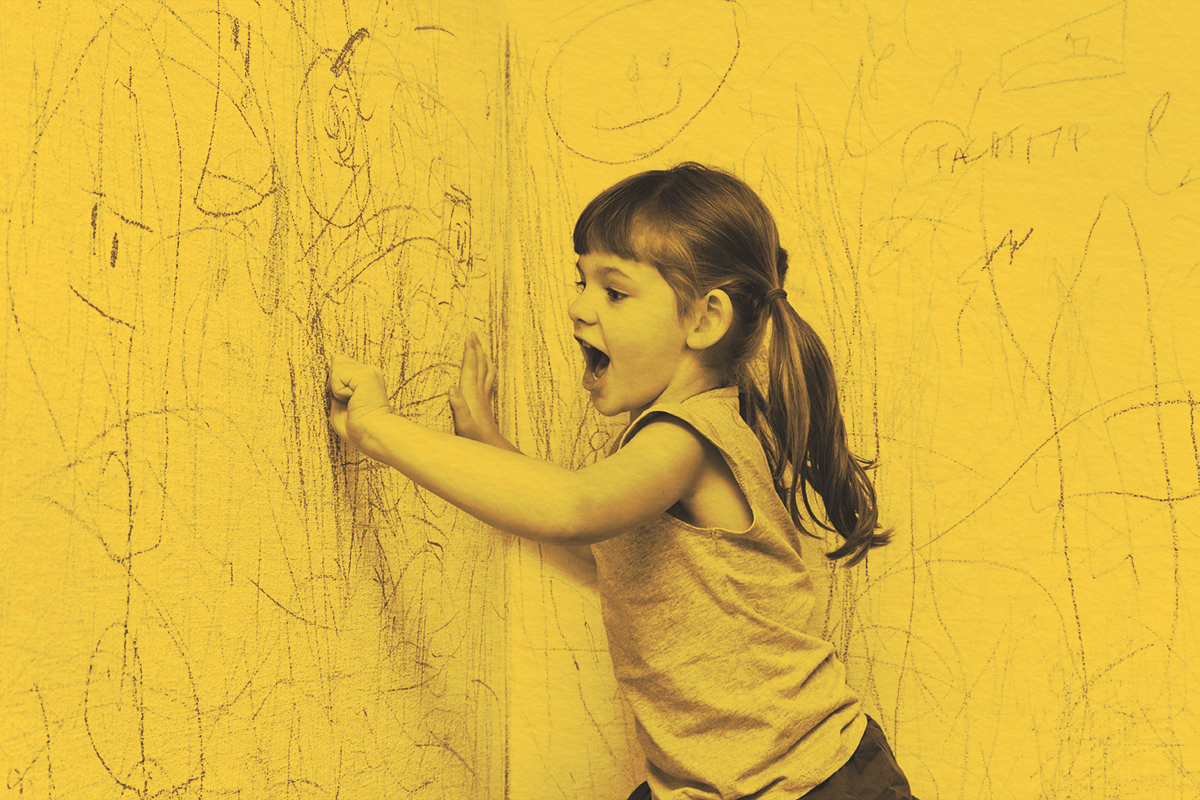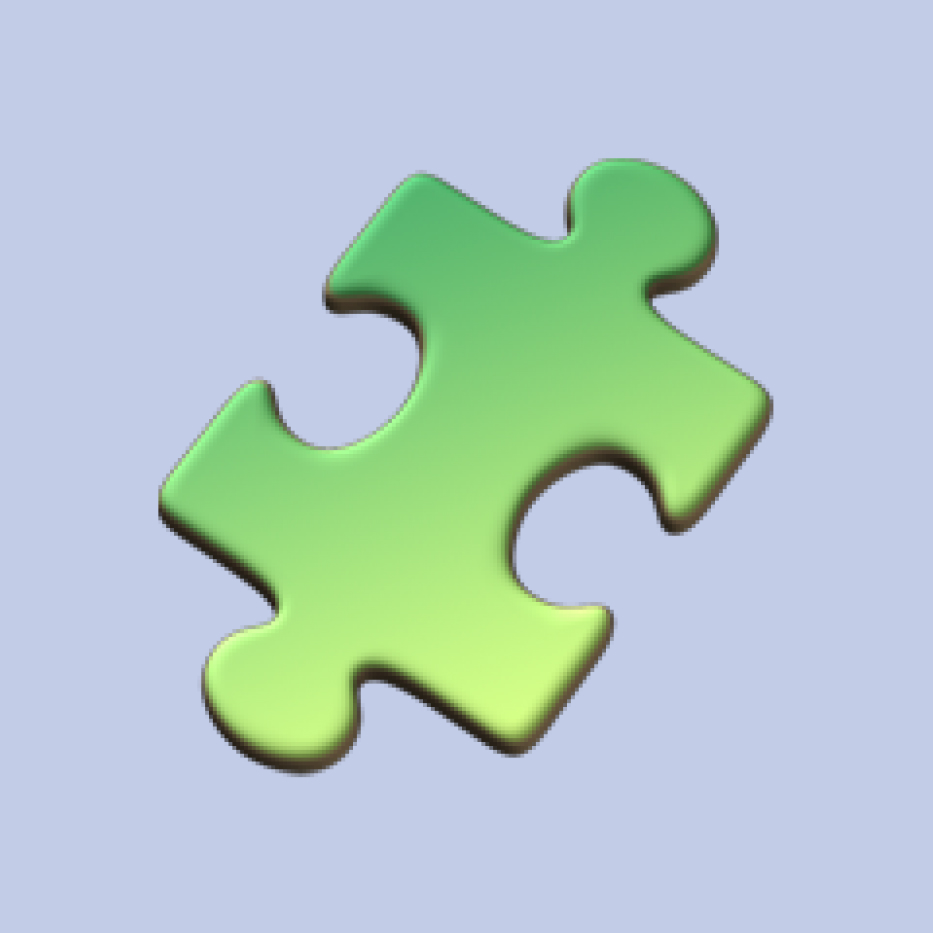Was the "writing on the wall" an actual message?
Sunday, December 1, 2024
The phrase "writing on the wall" has warned of impending trouble for centuries, tracing back to the Bible. |
| Idioms |
|
Was the "writing on the wall" an actual message? | | The phrase "writing on the wall" has warned of impending trouble for centuries, tracing back to the Bible. Learn how this ancient story shaped the figurative meaning we use today. | |  | Bennett Kleinman |
|
| |  | | I f there's writing on the wall, there could be a few things at play. Maybe your toddler got a little too ambitious with their box of crayons, and you'll need to spend a few hours cleaning up. Or maybe there are warning signs of an impending troublesome situation. The figurative "writing on the wall" could be a request to see your boss after a bad review (signaling you might lose your job), or it might be black clouds moving in while you're enjoying a day at the beach (foretelling you're about to get soaked). The idiom that means "something bad will probably happen soon" isn't a new invention; it comes from a Bible passage in the Book of Daniel about some prophetic words written on a wall.
One translation of Daniel 5:5-31 reads, "Suddenly, a person's hand appeared and began writing on the wall. The fingers scratched words into the plaster… King Belshazzar was very afraid." The prophet Daniel interprets the message from this mysterious and disembodied hand to mean that God found King Belshazzar lacking, and was going to take away his kingdom. That very night, the king died.
The idiom "the writing on the wall" has always been used to portend ominous events ahead, from those early biblical times to the present usage. It's still frequently used today, although almost exclusively in a figurative sense now. It rarely, if ever, refers to any literal writing on a wall. For example, should someone notice warning signs of a layoff coming at their job, they might be able to prepare for the future, but there won't be an announcement message written on the wall in the conference room. |
| | Continue reading | |  |
| |
| | Advertisers help keep Word Smarts free | |
Emoji Decoded | |  | | Jigsaw Puzzle Piece | | | Meaning: Represents a single puzzle piece, often used to symbolize problem-solving or something that completes a bigger picture.
Evolution: The 🧩 has evolved into a social media symbol for sharing "life hacks" or revealing crucial pieces of information.
Usage: [TikTok caption:] The 🧩 finally clicked… if you drink water before coffee, it hits different 💫🌈 |
|
 | | Jigsaw Puzzle Piece | | | Meaning: Represents a single puzzle piece, often used to symbolize problem-solving or something that completes a bigger picture.
Evolution: The 🧩 has evolved into a social media symbol for sharing "life hacks" or revealing crucial pieces of information.
Usage: [TikTok caption:] The 🧩 finally clicked… if you drink water before coffee, it hits different 💫🌈 |
|
| |
Have you read? | |  | | The Nightingale | | By Kristin Hannah | | Women's experiences in Europe during World War II have been the subject of many popular fiction books over the past 10 or so years, but "The Nightingale" ranks toward the top. It follows two French sisters who have vastly different war experiences, neither less important nor less dramatic than the other. Be prepared to read with a box of tissues. | | | | Jennifer A. Freeman, Word Smarts Senior Editor | | | | We independently evaluate all recommended products and services. If you click on links we provide, we may receive compensation. |
|
 | | The Nightingale | | By Kristin Hannah | | Women's experiences in Europe during World War II have been the subject of many popular fiction books over the past 10 or so years, but "The Nightingale" ranks toward the top. It follows two French sisters who have vastly different war experiences, neither less important nor less dramatic than the other. Be prepared to read with a box of tissues. | | | | Jennifer A. Freeman, Word Smarts Senior Editor | | | | We independently evaluate all recommended products and services. If you click on links we provide, we may receive compensation. |
|
| |
| | Advertisers help keep Word Smarts free | |
|
 |
|
| |
| Was this email forwarded to you? | |
Was this email forwarded to you? | | |
| | |
| | | |
|
|


posted by June Lesley at 4:06 AM


![]()
![]()
![]()
![]()
0 Comments:
Post a Comment
<< Home